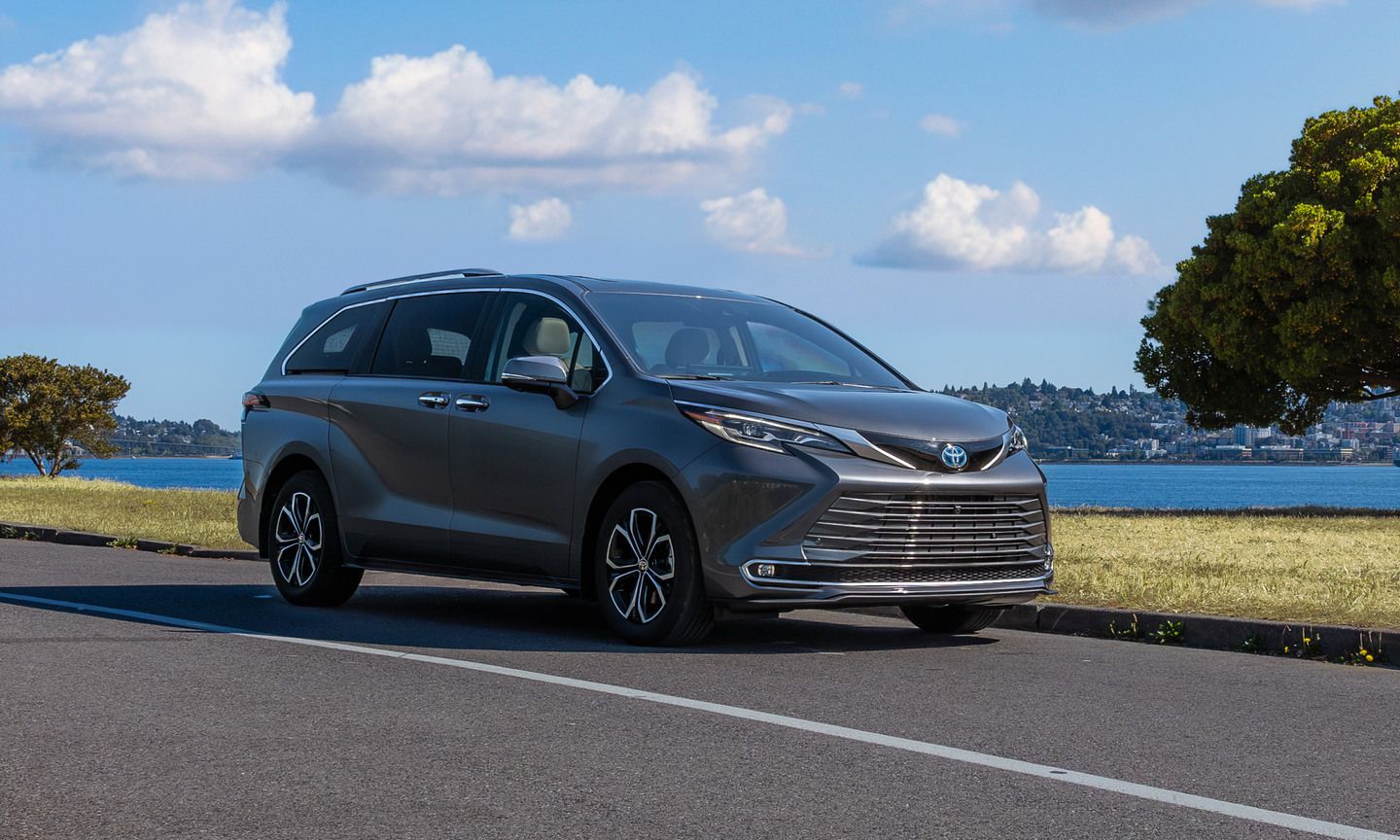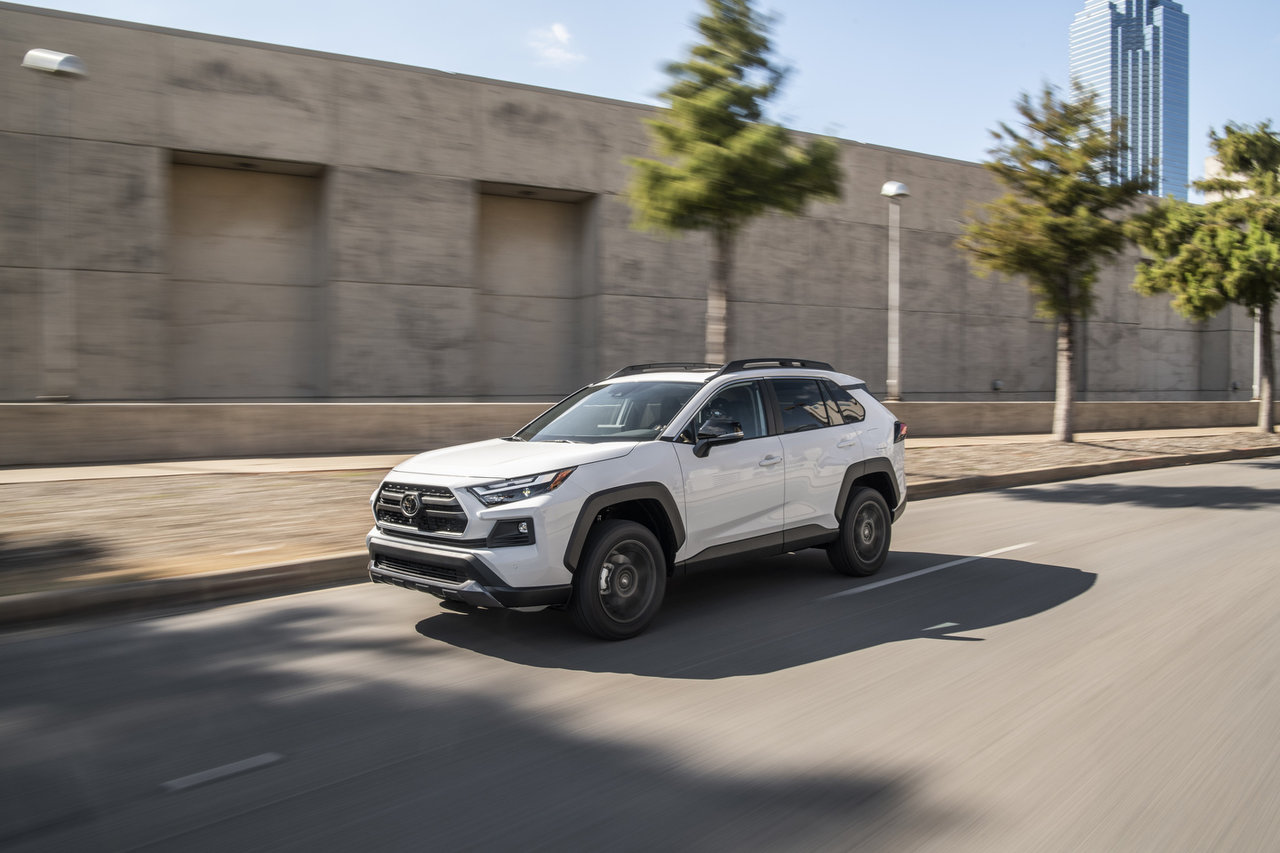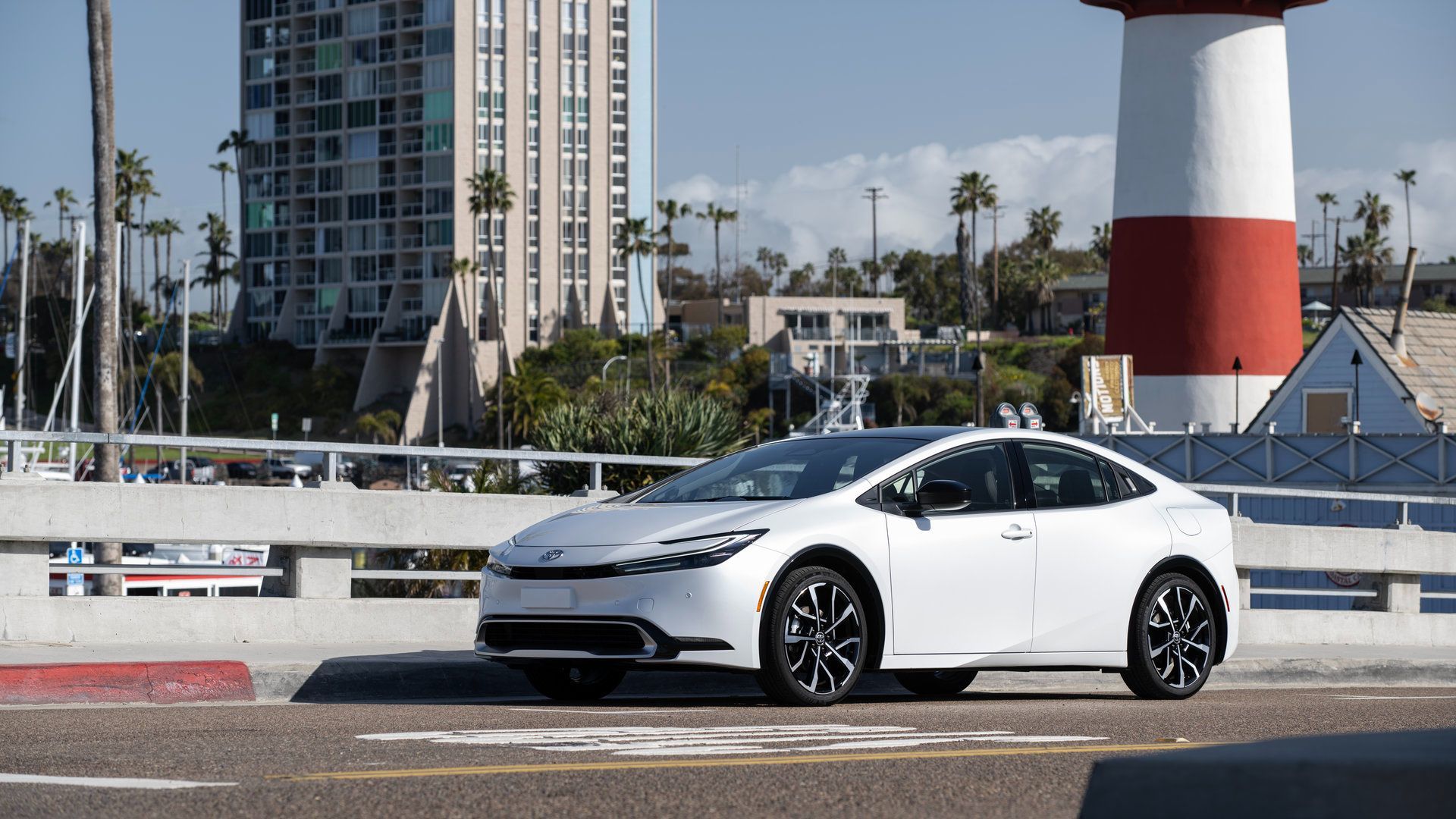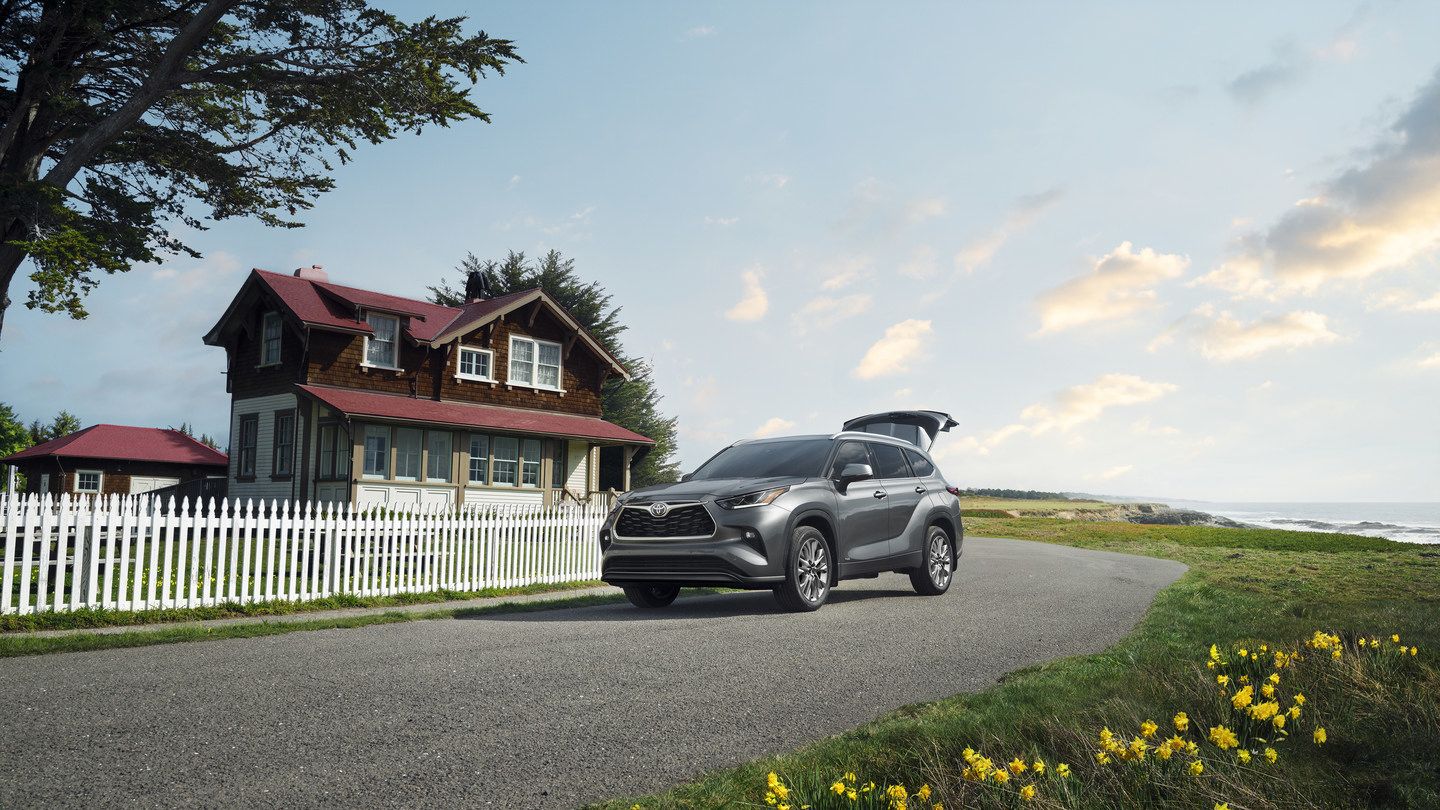
How the 2026 Sienna Handles Whitby Hockey Season (And Winter Roads)
Hockey season in Whitby means early mornings, packed gear bags, and endless trips between home, the rink, and team events. For families juggling...
Read more

The redesigned 2022 Toyota RAV4 is one of the most fuel-efficient SUVs in its class and the available hybrid version has an even lower fuel consumption.
The RAV4 Hybrid
The 2022 Toyota RAV4 is available with a hybrid powertrain that uses Toyota’s decades long experience in making electrified vehicles to combine a 2.5L gasoline engine and an electric motor in order to reduce the fuel consumption in every circumstance and especially when driving in the city. Indeed, the RAV4 Hybrid is able to move without using any gasoline on short distances, which is most noticeable when driving in heavy traffic. Since this system is self contained, it benefits from the advantages of gasoline power and electric power. This means you don’t have to charge its battery and you don’t have to fear running out of power, but you also enjoy the smoothness and the efficiency of the electric motors. The hybrid powertrain allows for fuel consumption figures as low as 5.8 L/100 km in the city and 6.3 L/100 km on the highway.
The advanced AWD system
The 2022 Toyota RAV4 is available with an advanced all-wheel drive system which improves its foul weather driving capabilities while minimising its impact on the fuel consumption. Indeed, the usual disadvantage of an AWD system, which can increase the consumption substantially, is avoided in the RAV4. This is due to the system’s low weight and its ability to disconnect the rear axle from the transmission when driving on solid surfaces in order to reduce the internal friction of the drivetrain. Sensors constantly monitor the wheels and as soon as slippage is detected, the rear axle is re-engaged to provide better traction and stability on slick roads. The gasoline-powered RAV4 equipped wit the AWD system can boast fuel economy figures of 8.7 L/100 km in the city and 6.9 L/100 km. If you don’t need all-wheel drive, the LE model can be had without the system, which allows it to improve on these figures by 0.2 L/100 km in the city and 0.1 L/100 km on the highway.

How the 2026 Sienna Handles Whitby Hockey Season (And Winter Roads)
Hockey season in Whitby means early mornings, packed gear bags, and endless trips between home, the rink, and team events. For families juggling...
Read more
Prius Plug-in Hybrid: Your Smart Commuter Solution for Whitby GO Station
If you drive to Whitby GO Station every morning, you already know the drill: find parking, catch your train, and hope your fuel costs don't eat...
Read more
2026 Toyota Highlander Family Features: 7 Trims, 3-Row Seating & On-Demand AWD for Whitby Commuters
For families in Whitby navigating daily commutes along Highway 401 or planning weekend trips to cottage country, the 2026 Toyota Highlander...
Read more